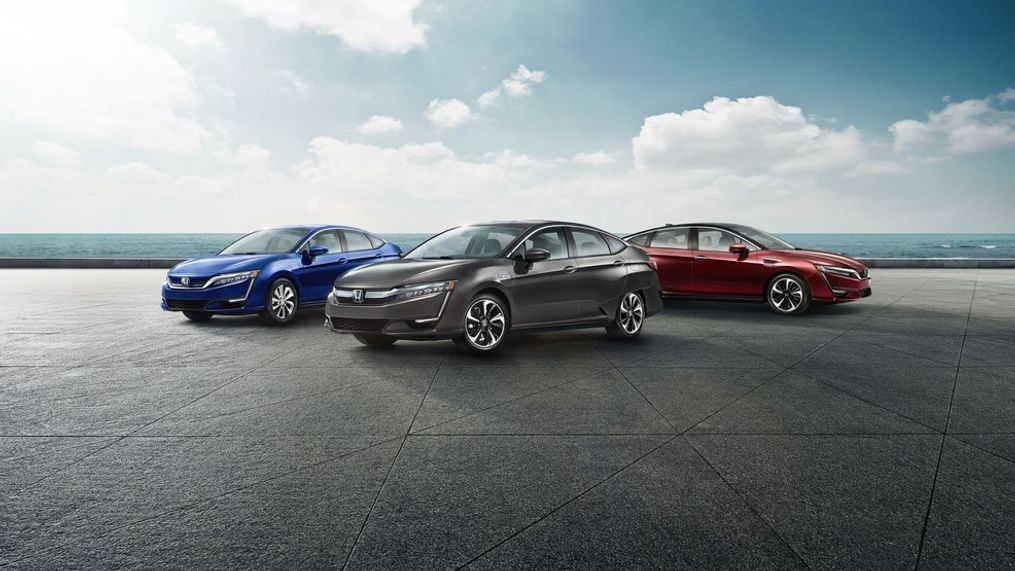Honda joins GM, others in heated opposition to fuel-economy freeze

Honda joined General Motors on Friday and called on the EPA to abandon its proposed fuel-economy rollback, asking federal officials to negotiate with states like California to offer a single, comprehensive update to federal fuel-economy standards.
Honda filed its comment Friday, the last day for public comments, on the Trump administration's plan, and said a negotiated plan that doesn't freeze fuel-economy standards at 2020 levels would be "a better path."
“The industry is united in its request that the agencies work out an agreement with California,” Honda wrote.
Instead, Honda and GM advised that state and federal officials should hammer out a compromise for a unified standard. Federal officials have signaled that they're willing to negotiate, but no deal has yet emerged. Twelve other states and the District of Columbia follow California's stricter emissions standards, and up to 18 states have signaled that they may fight a proposed federal freeze on fuel-economy standards.
The alliance between the two automakers from different parts of the world may not be a surprise. Honda and GM announced a partnership to develop smaller, lighter batteries for electric vehicles this year. Honda and GM have already partnered on fuel-cell technology for several years, and each has an interest in developing fuel-efficient cars for the U.S. and abroad.
DON'T MISS: GM wants Trump administration to consider national electric-vehicle mandate
Before the comment period closed on the EPA proposal, the California Air Resources Board submitted its final letter and a 415-page detailed summary of the proposed rule that it called "unsafe, unfounded, and illegal."
"The proposed rollback makes the air dirtier and the climate crisis worse. Neither law, the evidence, nor basic decency support these choices," the ARB wrote in its response posted Friday.
GM offered its own idea Friday, a wide-reaching plan to offer a national electric-vehicle mandate and a 7-percent-of-market requirement for plug-in hybrid and electric vehicles modeled on California's own mandate. The requirement would ratchet up each year by 2 percent, up to 15 percent in 2015 and 25 percent in 2025. Last month, EV sales comprised slightly more than 6 percent of sales in California, according to the Union of Concerned Scientists, which oppose the EPA rollback.
Eight governors from states including Texas, Nebraska, Mississippi, North Dakota, and Maine signed a letter expressing support for the proposed freeze and said market forces would support more fuel-efficient vehicles without regulation.
MUST READ: GM to expand Chevy Bolt EV sales, bring battery production to US
"Government undermines both goals when it enacts policies that pit environmental preservation against free enterprise, hindering free markets, propping-up inferior solutions, and ultimately reducing prosperity," the governors wrote.
More than 12,000 comments have been filed on the proposed rule. It's unclear how long after the public comment period is closed that federal regulators will take to amend, scrap, or implement the final rule, which could be subject to a judicial review. The opposing states have already said they would consider taking the rule to court to block any change.
Read more from Internet Brands Automotive:
- Mopar showing supercharged 426-cubic-inch V-8 "elephant engine" at SEMA
- Lamborghini Urus goes 0-60 mph in less than 3 seconds
- Ford bringing a whole fleet of Ranger and F-150 trucks to SEMA
- American brands take 11 of bottom 12 spots in Consumer Reports reliability survey
- All that fancy safety tech in your car could hike your repair bills
